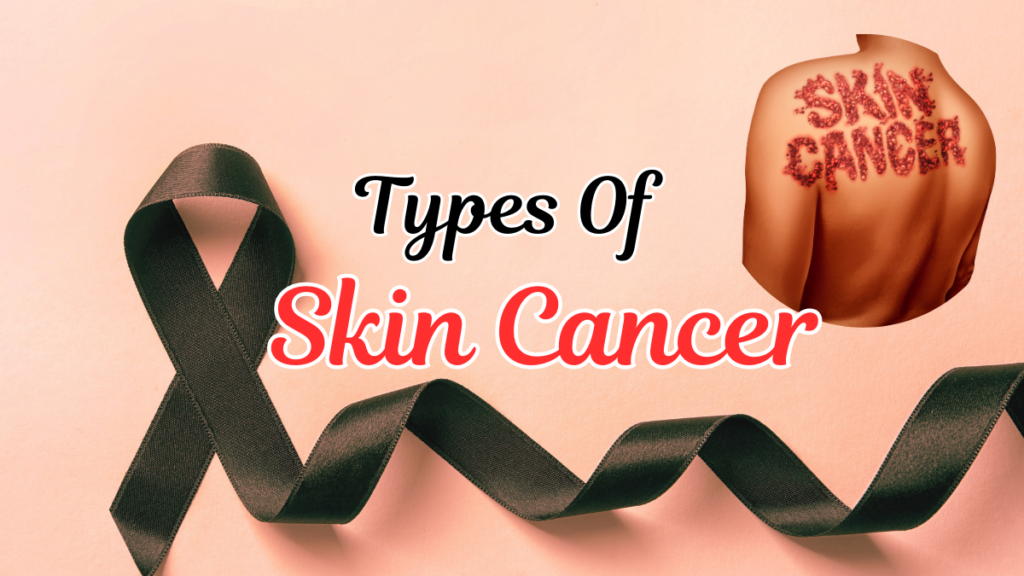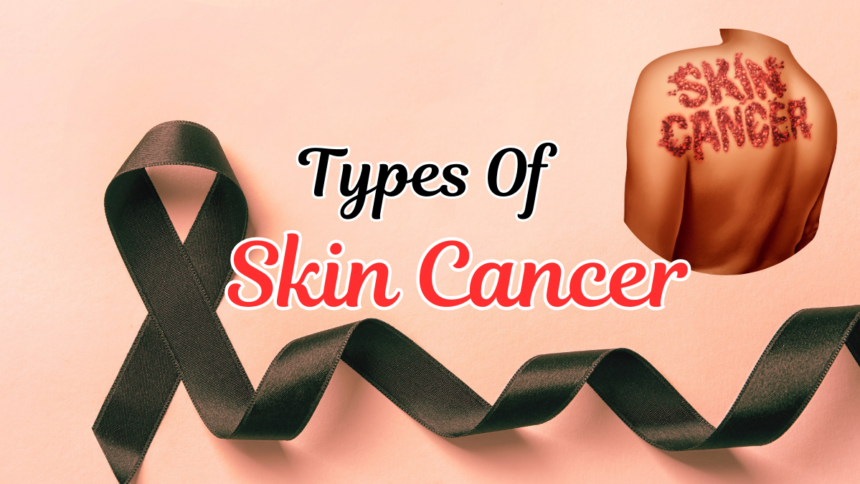Types of Skin Cancer (Squamous Cell Carcinoma): Understanding Variants and Risks
Squamous cell carcinoma (SCC) is a common type of skin cancer that arises from the squamous cells in the outermost layer of the skin. While often treatable, understanding the different types of SCC is crucial for early detection and effective management. This article explores the various types of squamous cell carcinoma, their characteristics, and the associated risk factors.

What is Squamous Cell Carcinoma?
Squamous cell carcinoma is a cancer that originates in the squamous cells, which are flat cells found in the skin’s outer layer (epidermis). SCC can also occur in other areas of the body lined with squamous cells, such as the lungs, mouth, and throat. However, this article focuses on skin SCC.
Main Types of Squamous Cell Carcinoma
1. In Situ Squamous Cell Carcinoma (Bowen’s Disease)
In situ squamous cell carcinoma, also known as Bowen’s disease, is the earliest form of SCC. It is confined to the outermost layer of the skin and has not yet invaded deeper tissues.
- Appearance: Red, scaly patches that may resemble eczema or psoriasis.
- Common Sites: Sun-exposed areas like the face, neck, and hands.
- Treatment: Often treated with topical medications, cryotherapy, or surgical excision.
2. Invasive Squamous Cell Carcinoma
Invasive squamous cell carcinoma penetrates deeper into the skin layers and can spread (metastasise) to other parts of the body if not treated promptly.
- Appearance: Firm, red nodules or scaly, crusted lesions that may bleed.
- Common Sites: Sun-exposed areas, though it can occur anywhere on the body.
- Treatment: Requires more aggressive treatments, including surgical excision, Mohs surgery, radiation therapy, or chemotherapy for advanced cases.
3. Keratoacanthoma
Keratoacanthoma is a type of SCC that grows rapidly and can resemble a pimple or wart.
- Appearance: Dome-shaped nodule with a central keratin plug.
- Common Sites: Sun-exposed areas such as the face, arms, and hands.
- Treatment: Often treated with surgical removal due to its rapid growth and potential to become more aggressive.
Risk Factors for Squamous Cell Carcinoma
Understanding the risk factors for SCC can help in prevention and early detection. Common risk factors include:
- Excessive Sun Exposure: UV radiation from the sun or tanning beds is the primary cause.
- Fair Skin: Individuals with fair skin, light-coloured eyes, and blond or red hair are more susceptible.
- Age: The risk of SCC increases with age due to cumulative sun exposure.
- Weakened Immune System: Conditions like HIV/AIDS or immunosuppressive medications can increase the risk.
- Exposure to Carcinogens: Chemicals like arsenic and industrial tar can elevate the risk.
- Chronic Skin Inflammation or Injury: Long-term inflammation or previous skin injuries can lead to SCC.
Diagnosis and Treatment
Early diagnosis and treatment are crucial for managing SCC effectively. Diagnosis typically involves a skin biopsy to confirm the presence of cancer cells. Treatment options vary based on the type and stage of SCC:
- Topical Treatments: Creams or ointments for in situ SCC.
- Cryotherapy: Freezing the cancer cells with liquid nitrogen.
- Curettage and Electrodessication: Scraping and burning the cancerous tissue.
- Surgical Excision: Removing the cancerous tissue along with some surrounding healthy skin.
- Mohs Surgery: Layer-by-layer removal of cancerous tissue, examined under a microscope until no abnormal cells remain.
- Radiation Therapy: Used for larger or inoperable tumors.
- Chemotherapy: Typically reserved for metastatic SCC.
Conclusion
Understanding the different types of squamous cell carcinoma is essential for early detection and effective treatment. Regular skin checks, protecting your skin from UV radiation, and being aware of risk factors can help prevent SCC. If you notice any suspicious skin changes, consult a dermatologist promptly for evaluation and management.
Disclaimer: This article is for informational purposes only and does not constitute medical advice. Always consult a healthcare professional for concerns about squamous cell carcinoma or other health issues.











